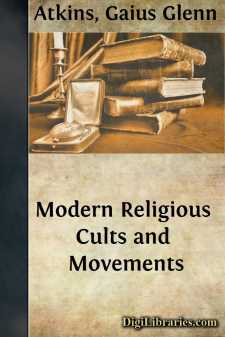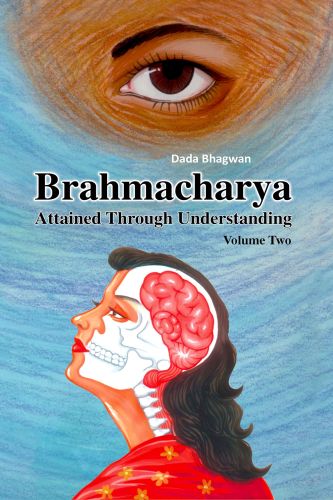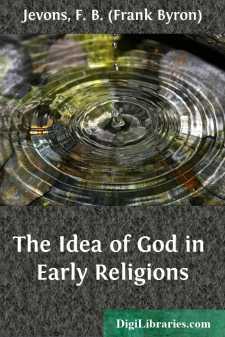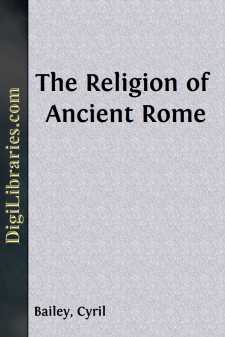Religion
- Agnosticism 2
- Antiquities & Archaeology 21
- Atheism 12
- Biblical Criticism & Interpretation 15
- Biblical Meditations 3
- Biblical Reference 1
- Biblical Studies 11
- Buddhism 8
- Christian Church 52
- Christian Education 5
- Christian Life 26
- Christianity 60
- Cults 2
- Devotional 6
- Eastern 2
- Education 4
- Eschatology 1
- Ethics 3
- General
- Gnosticism 1
- Hinduism 15
- History 28
- Holidays 10
- Inspirational 1
- Islam 8
- Judaism 3
- Leadership 1
- Meditations 3
- Monasticism 1
- Mysticism 11
- Philosophy 4
- Prayer 26
- Prayerbooks 5
- Religion & Science 12
- Sermons 54
- Spirituality 53
- Theism 2
- Theology 17
- Theosophy 15
General Books
Sort by:
Introduction The last thirty years, though as dates go this is only an approximation, have witnessed a marked development of religious cults and movements largely outside the lines of historic Catholicism and Protestantism. One of these cults is strongly organized and has for twenty years grown more rapidly in proportion than most of the Christian communions. The influence of others, more loosely...
more...
by:
Logan Marshall
THE STORY OF ADAM AND EVE The first man's name was Adam and his wife he called Eve. They lived in a beautiful Garden away in the East Country which was called Eden, filled with beautiful trees and flowers of all kinds. But they did not live in Eden long for they did not obey God's command, but ate the fruit of a tree which had been forbidden them. They were driven forth by an angel and had to...
more...
by:
John Wortabet
INTRODUCTION The wise sayings and proverbs of ancient and modern times, and in all the languages I know or to which I had access in translations, have always had a great attraction for me. Drawn from the experiences and study of human life, they have been reduced by wise men to short, pithy sentences, generally expressed in some quaint or striking form, for conveying sound moral truths. They are...
more...
by:
DadaBhagwan
Each and every human being has the capacity to identify his Soul and attain salvation. However, one severe obstacle on this path could be sexual attraction/ infatuation. None other than a Gnani Purush (the enlightened one) can help us understand the science behind sexual attraction and help us get rid of it. In the book, Dadashri, the Gnani Purush has discussed the importance of celibacy in the path of...
more...
CHAPTER XII. THE BEGINNING OF THE END. Nor was it unnatural that it should be. Moral precepts, philosophic guidance were no longer possible to one whose compliances or whose timidity had led him so far as first to sanction matricide, and then to defend it. He might indeed be still powerful to recommend principles of common sense and political expediency, but the loftier lessons of Stoicism, nay, even...
more...
Prologue The First Book of Adam and Eve details the life and times of Adam and Eve after they were expelled from the garden to the time that Cain kills his brother Abel. It tells of Adam and Eve's first dwelling—the Cave of Treasures; their trials and temptations; Satan's many apparitions to them; the birth of Cain, Abel, and their twin sisters; and Cain's love for his beautiful twin...
more...
CHAPTER I — THE ANCIENT FAITH Philosophical Theory of the Universe.—The problem of the universe has never offered the slightest difficulty to Chinese philosophers. Before the beginning of all things, there was Nothing. In the lapse of ages Nothing coalesced into Unity, the Great Monad. After more ages, the Great Monad separated into Duality, the Male and Female Principles in nature; and then, by a...
more...
Every child that is born is born of a community and into a community, which existed before his birth and will continue to exist after his death. He learns to speak the language which the community spoke before he was born, and which the community will continue to speak after he has gone. In learning the language he acquires not only words but ideas; and the words and ideas he acquires, the thoughts he...
more...
by:
Samuel Johnson
Invitation. 1 Come to the house of prayer, O ye afflicted, come! The God of peace shall meet you there, He makes that house His home. 2 Come to the house of praise, Ye who are happy now; In sweet accord your voices raise, In kindred homage bow. 3 Ye aged, hither come, For ye have felt His love; Soon shall ye lift a holier song In fairer courts above. 4 Ye young, before His throne, Come, bow; your...
more...
by:
Cyril Bailey
CHAPTER I INTRODUCTION—SOURCES AND SCOPE The conditions of our knowledge of the native religion of early Rome may perhaps be best illustrated by a parallel from Roman archæology. The visitor to the Roman Forum at the present day, if he wishes to reconstruct in imagination the Forum of the early Republic, must not merely 'think away' many strata of later buildings, but, we are told, must...
more...











